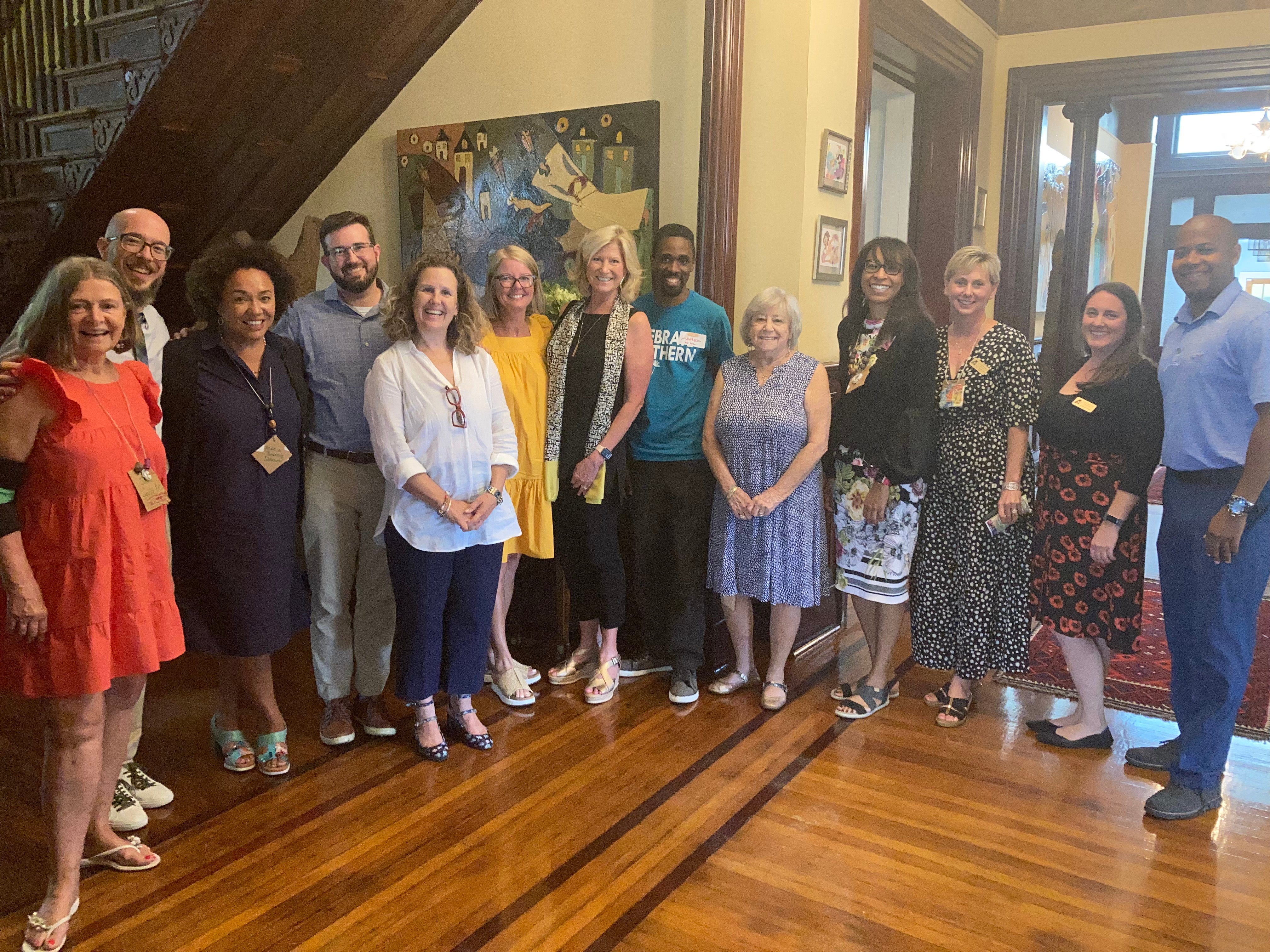National Endowment for the Arts Chair visited Selma
Published 6:15 am Monday, August 1, 2022
|
Getting your Trinity Audio player ready...
|
National Endowment for the Arts Chair Maria Rosario Jackson visited Selma last week.
Among the people Jackson met with in Selma include: ArtsRevive Executive Director Becky Youngblood, Founder of By the River Center for Humanity Afriye Wekandodis, Executive Director of DRUM the Program Elvie Schooley, ArtsRevive President Ruth Talton, Volunteer Consultant for Freedom Quilting Bee Legacy, Artists Aaron Head, Helene Taylor and Trés Taylor.
Jackson said she enjoyed her visit to the Queen City, talking with various artists and officials. “While I was in Selma, I had the pleasure of hearing from artists and arts organizations about their successes, their challenges, and talking together about creative ways to strengthen the arts throughout rural Alabama,” Jackson said.
Jackson also said that the Selma has potential for greatness in arts. “When I listen to conversations and see the work of artists as I did in Selma, I had the pleasure of seeing firsthand how the arts community is supporting one another and building upon the good work that is already happening.
“There is possibility to cultivate further community engagement through arts and culture in Selma and beyond. Selma is a beautiful, deeply meaningful place that offers inspiration to all and especially artists. Artists help us see things anew, creating opportunities for expression, reflection and, at times, healing in ways that only the arts allow.”
Jackson also discussed her priorities for the arts in the country.
“As I listen and learn from staff and from people who are working in all parts of the country, there is a lot of good work to build on,” Jackson said. “ I am interested in how the arts align with everyday living, allowing each and every person the opportunity to live an artful life. The arts are important. Period.
“The arts are also critically important at the intersection of other sectors, such as health, education, economic development, and more. There are conversations happening that are strengthening these intersections and work to be done. These intersections are important in the notion of just and equitable communities and places where people can thrive.”






